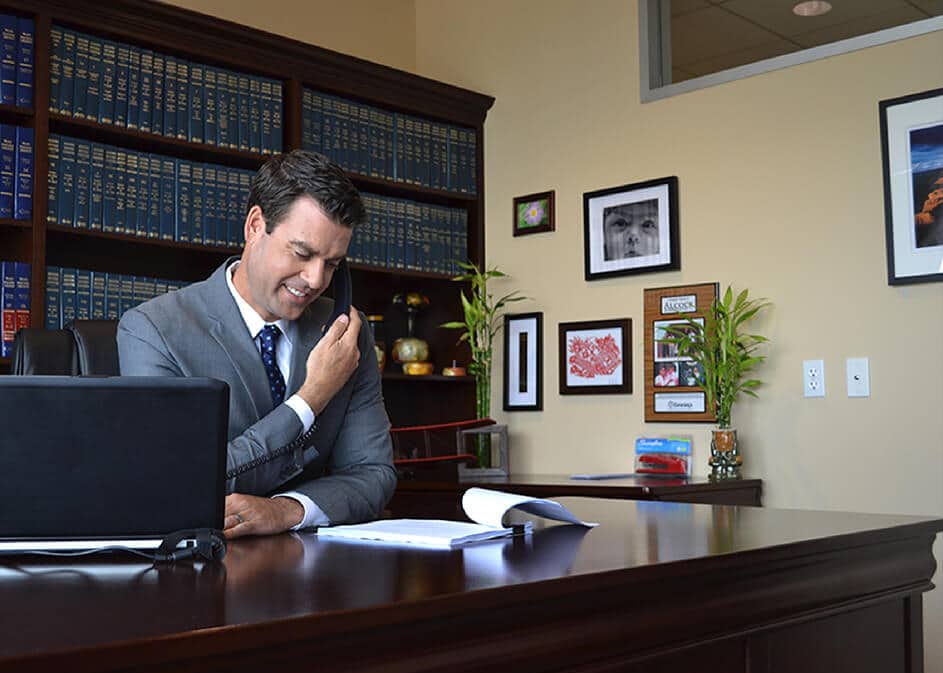Georgia Latest in Line of States Following Arizona’s Lead in Passing Harsh Immigration Laws
Posted by: Phoenix Arizona Immigration Defense Lawyers
Five states this year followed Arizona’s lead by passing laws that expanded the powers of local police officers to enforce immigration laws. And although each of the states has tried different approaches, they are seeing the same results. By David Goldman, AP David Barrera, 16, an undocumented immigrant, joins students protesting the bill last month in Douglas County, Ga. EnlargeCloseBy David Goldman, AP David Barrera, 16, an undocumented immigrant, joins students protesting the bill last month in Douglas County, Ga.
Federal judges in Indiana, Utah and Georgia have blocked recently passed laws in those states. The National Immigration Law Center and the American Civil Liberties Union are planning lawsuits against recently signed immigration laws in Alabama and South Carolina. If the laws continue suffering the same fate as Arizona’s law of being blocked in federal courts, the rulings could halt an increasingly fractured immigration system as each state struggles to find its own plan absent a comprehensive federal solution.
“You are not going to have 50 systems of immigration regulation,” said U.S. District Judge Thomas Thrash, who ruled Monday to block parts of the Georgia law. “In Georgia, you are going to have 159. Every county, every municipality is going to decide what its immigration policy is going to be under this law,” he said last week during a hearing on the case.
In all cases, the question of when and how a police officer can investigate a person’s immigration status could be a complicating factor. Last year, Arizona’s SB 1070 kicked off a national debate when the law required police officers to determine the immigration status of people stopped for crimes or traffic violations if a “reasonable suspicion” existed that the person was in the country illegally.
A federal judge halted that part of the law, arguing that the state had infringed on federal responsibility. The 9th District Court of Appeals upheld that ruling, and the state has appealed to the U.S. Supreme Court. Legislators in other states responded to that ruling by scaling back their enforcement provisions in their versions.
In Georgia, state Rep. Matt Ramsey, a Republican who sponsored the bill, cut out the “reasonable suspicion” requirements, meaning officers there will check a person’s immigration status if he or she can’t produce identification or provide other information that could help determine identity.
Although the law doesn’t go as far as Arizona’s, critics still say it’s too harsh. “In order to express hostility toward immigrants, the folks who passed the Georgia law are willing to throw out fundamental principles that protect all of us,” said Omar Jadwat, an attorney with the ACLU, which is part of a group that sued to block Georgia’s law.
Other states, such as Alabama, have decided to stick with the Arizona model and see how a different judge rules on it. Michael Hethmon of the Immigration Reform Law Institute, which has been helping state lawmakers draft Arizona-like laws around the country, said Alabama legislators were hoping for a legal challenge when they passed their law, thinking they could get a different ruling than the one issued in Phoenix by U.S. District Judge Susan Bolton, who blocked the Arizona law last year.
The Alabama legislators “looked at Judge Bolton’s reasoning and said, ‘We’re not on the left coast here, we’re in the 11th Circuit, and we think we’re going to get a different interpretation by a different judge,’” Hethmon said.
Facing Deportation Charges? Contact an Attorney for a Free Consultation.

REPRESENTATION YOU DESERVE
Here at Alcock and Associates our team and staff are dedicated to helping and representing YOU. The first step is to understand your case. We will take the time to get to know you and your legal situation so that we are best able to answer all of your questions. After your initial consultation with our attorneys, you will know what you are facing and what can happen to your case.
EVERY CONSULTATION IS COMPLETELY FREE AND COMPLETELY CONFIDENTIAL.
Top Rated Phoenix Attorneys






